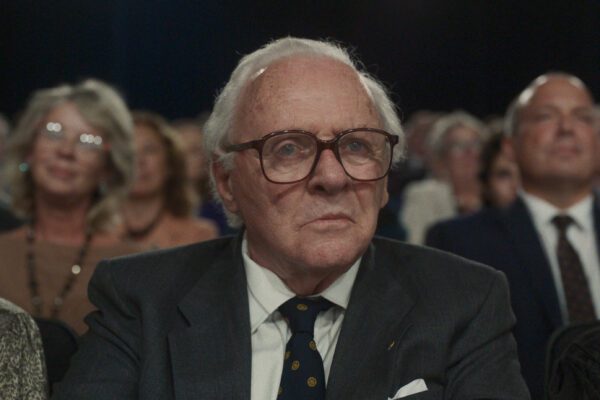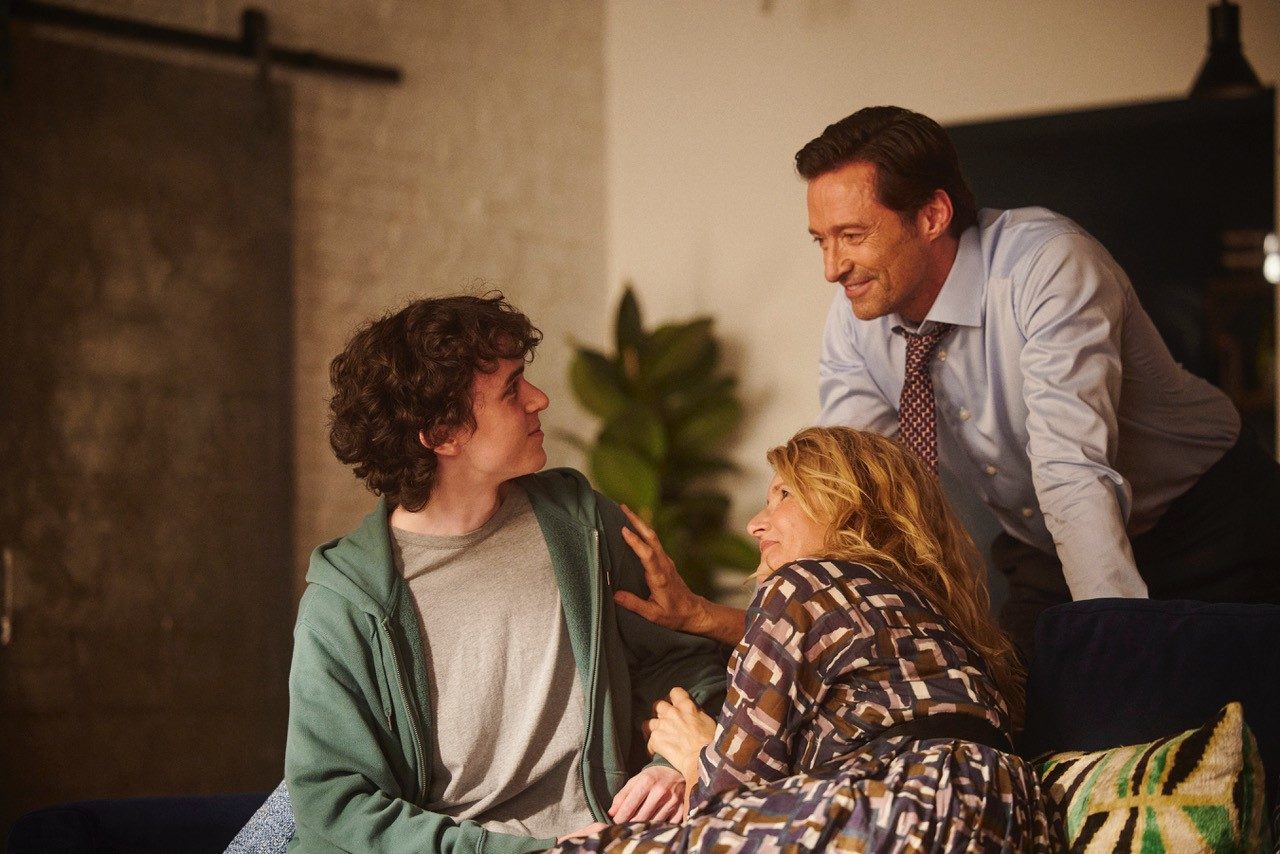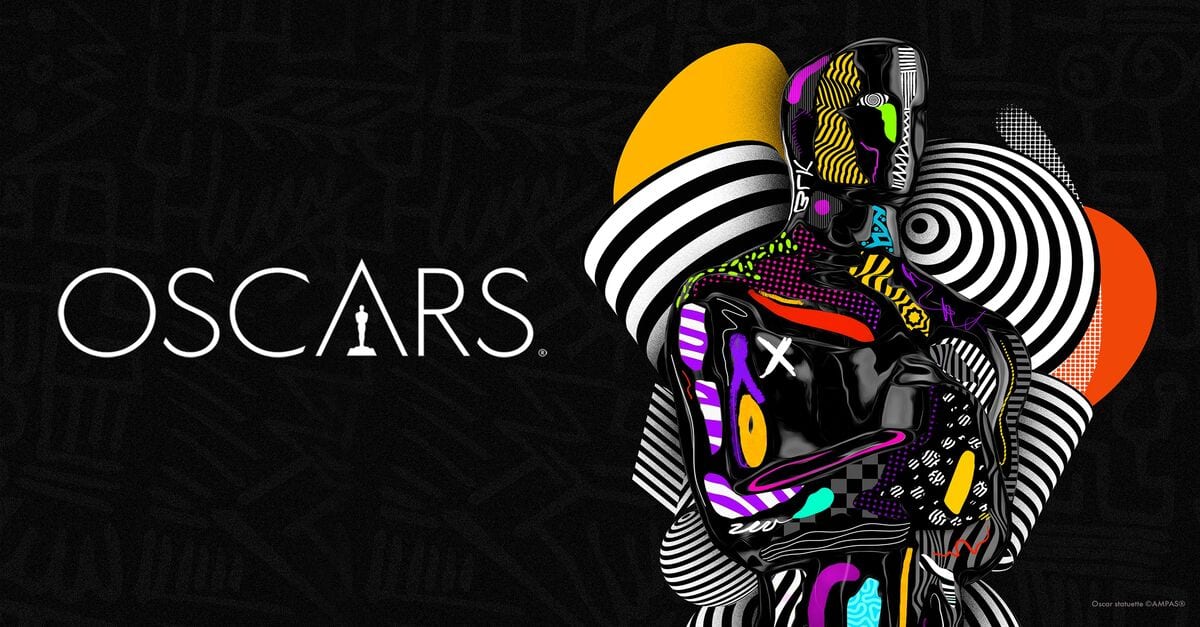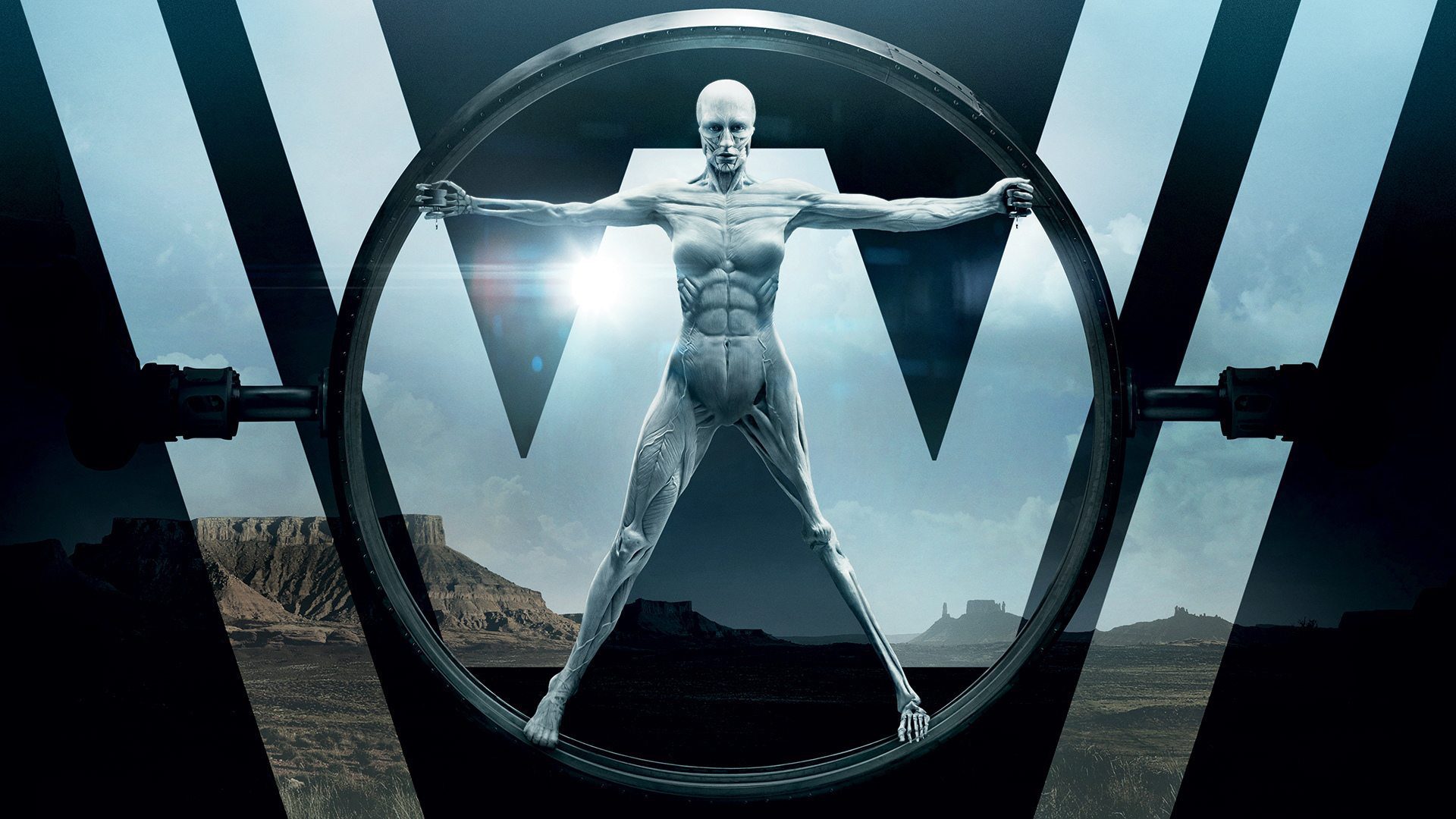
One Life: Extraordinarily Ordinary
There’s something extraordinary about those who are ordinary. In One Life, we are introduced to Nicholas Winton (Johnny Flynn), a young London stock broker whose life is changed upon a trip to Prague in December 1938. With the Nazis wreaking havoc in Europe, Winton is stunned to see the lives of countless children who have been…




